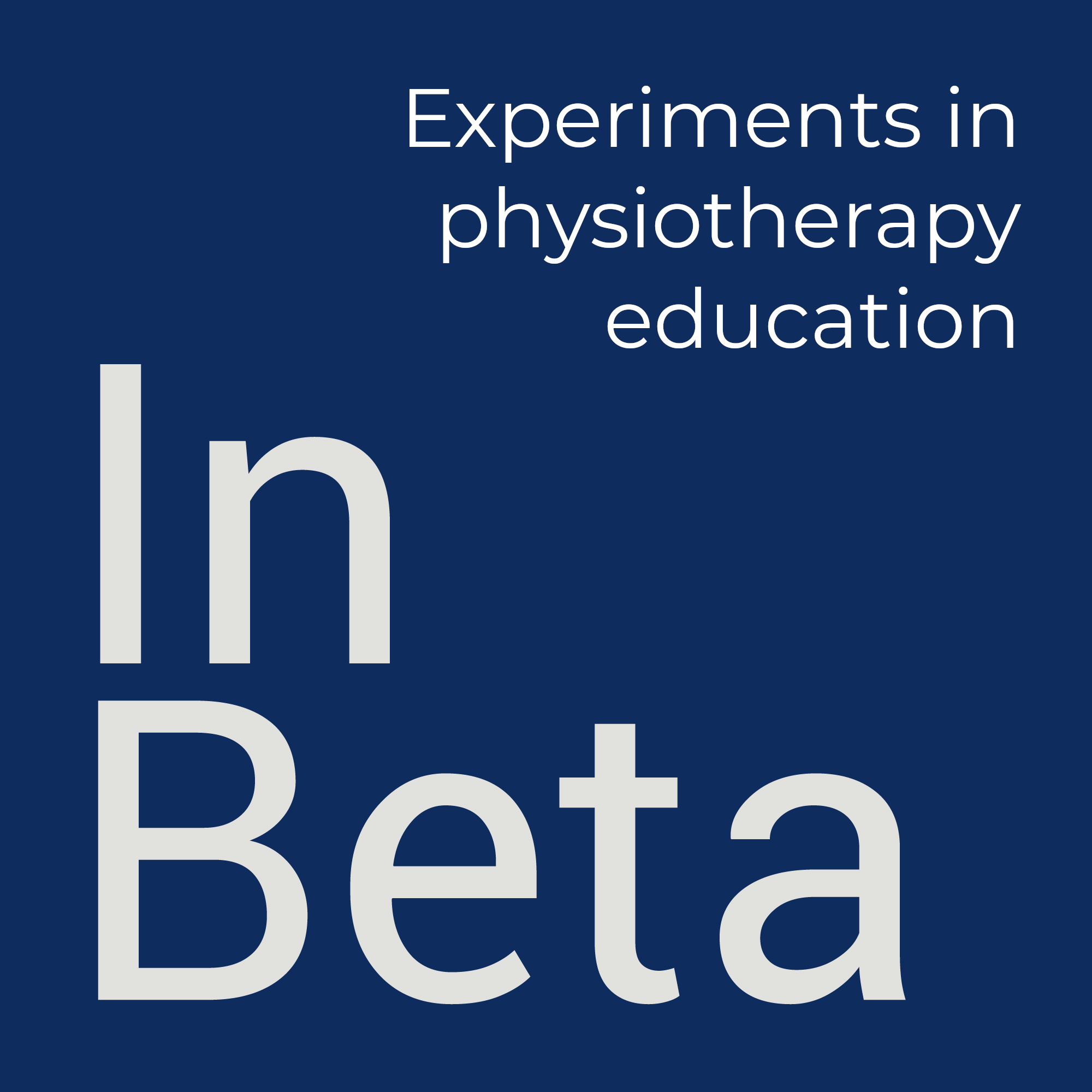
It’s about not seeing distance learning as being the thing that takes place in front of a laptop.
In this episode Ben and I talk about what a remote, online physiotherapy programme might look like, using no notes or any kind of preparation at all.
We discuss the progress of universities to date in graduating students during the pandemic and lockdown, as well as issues of uncertainty with learning in general, and the potential to introduce complexity early on in the programme, rather than in a staged process that’s simpler but less authentic.
We compare different approaches to online learning, including the differences between xMOOCs and cMOOCs, as well as the idea that there’s unlikely to be a single concept of ‘distance learning’ and that remote online learning will have a wide variety of approaches that are all informed by the values and beliefs of those implementing the programmes.
We discuss the concern that physiotherapy educators are already obsessed with content, and the real possibility that a move online will exacerbate this. And if institutions and programmes of study adopt a more free-form, unstructured, and open-ended approach to learning, will there be more chaos and therefore barriers to adoption? Given our institutional history, is it even possible that universities will be able to respond to calls for more open-ended methods of L&T in fully online and remote environments? And if they do, will the curriculum become fragmented to the extent that students will be put off by such radically different requirements for learning that is so far removed from their experiences in school?
We talk about the potential for distance and remote learning provision to support apprenticeship, postgraduate, and internationalisation programmes in health professions education, as well as what kinds of students this may appeal to, who may be disadvantaged, and whether or not it may increase participation and widen access to professional education.
Listen all the way to the end for an added bonus.

